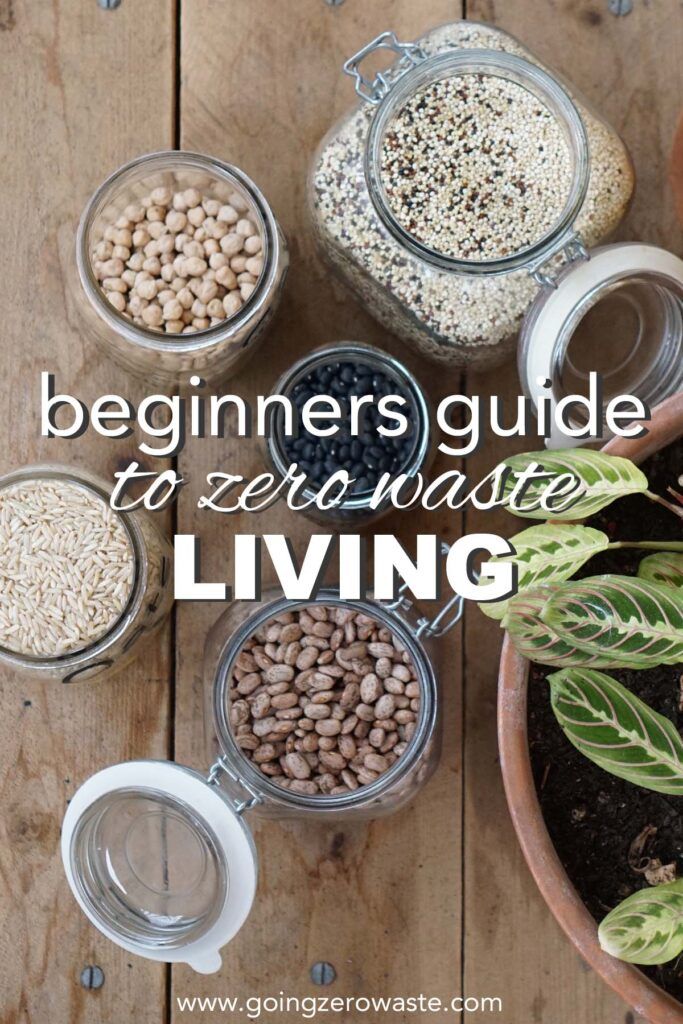Living a zero-waste lifestyle has become increasingly popular in recent years as more and more people are becoming aware of the environmental impact of our daily habits. In this guide, we will explore what zero-waste living is, why it’s important, and how you can get started on your own zero-waste journey.
What is Zero-Waste Living?
Zero-waste living is a lifestyle that aims to reduce the amount of waste we produce by rethinking our consumption habits. It involves minimizing single-use plastics, recycling and composting as much as possible, and being mindful of the products we bring into our homes.
Why is Zero-Waste Living Important?
The production and disposal of single-use plastics and other waste products are major contributors to environmental pollution and climate change. By adopting a zero-waste lifestyle, we can reduce our carbon footprint and help protect the planet for future generations.
How to Get Started
Here are some tips to help you transition to a zero-waste lifestyle:
1. Reduce Your Use of Single-Use Plastics
Avoid items like plastic water bottles, straws, and shopping bags. Instead, opt for reusable alternatives like stainless steel water bottles, bamboo straws, and cloth bags.
2. Shop in Bulk
Buying products in bulk can reduce packaging waste. Look for stores that offer bulk bins for items like grains, pasta, and spices.
3. Compost Food Scraps
Instead of throwing away food scraps, start a compost pile in your backyard or use a compost bin. This can help reduce the amount of waste sent to landfills.
4. Mindful Shopping
Before making a purchase, ask yourself if you really need the item and if it’s something that can be reused or recycled. Look for products with minimal packaging and choose sustainable, eco-friendly brands whenever possible.
5. DIY Cleaning and Personal Care Products
You can make your own cleaning and personal care products using natural ingredients like vinegar, baking soda, and essential oils. This not only reduces waste but also eliminates harmful chemicals from your home.
Conclusion
Transitioning to a zero-waste lifestyle may seem daunting at first, but every small step you take towards reducing your waste makes a difference. By following the tips in this guide and being mindful of your consumption habits, you can contribute to a healthier planet for future generations.


